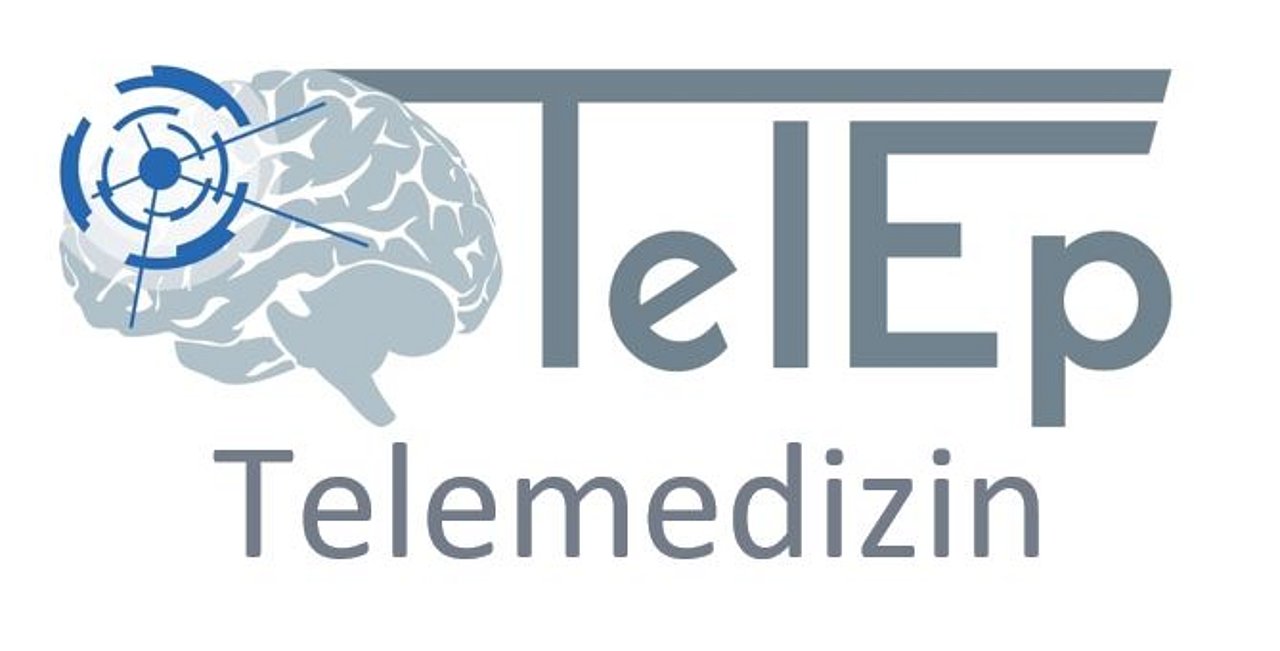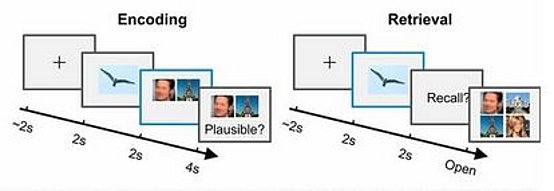
How the brain stores memories
International research team shows how memories are formed in the brain
Neuroscientists at the University Hospital Erlangen, the Friedrich Alexander University Erlangen-Nuremberg (FAU) and the University of Birmingham are researching how different parts of the brain work together to build and retrieve memories.
Their findings may help to better treat memory disorders in the future.
The study is published in the prestigious journal PNAS.
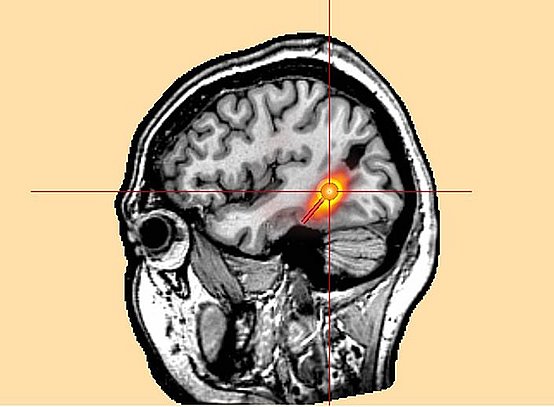
Magnetoencephalography makes epilepsy surgery more successful
MEG optimizes planning and result of a surgery
Thanks to magnetoencephalography (MEG), epilepsy surgeons achieve significantly better results for their patients during surgeries. The study, led by PD Dr. Stefan Rampp and published in the scientific journal "Brain - A Journal of Neurology", is the world's largest research study on the subject with the longest investigation period to date.
Full version of the study: https://academic.oup.com/brain/advance-article/doi/10.1093/brain/awz231/5543071?searchresult=1
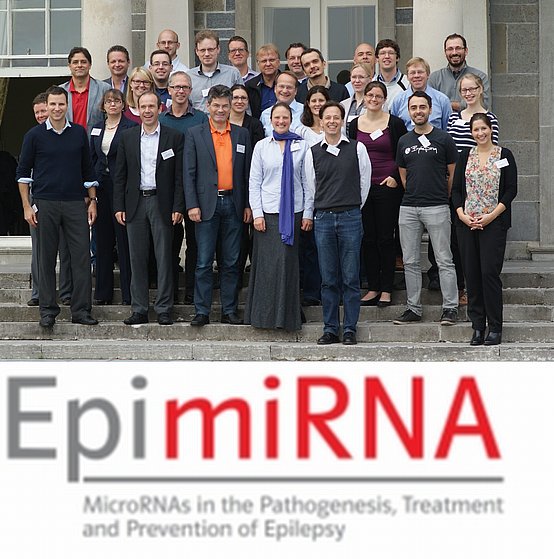
Pan-European association to uncover the basics of epilepsy:
The Epilepsy Centre is part of an EU research project which is investigating how microRNA is involved in the development of epilepsy and in triggering seizures.
Further information: www.epimirna.eu
Apart from the clinical care of patients, the Epilepsy Centre also focuses on research and teaching. Our most important tasks are research into the causes of epilepsy and the advancement of diagnostic and therapeutic options.
Epilepsy research is an extremely exciting research field as it involves the human brain – the home of our conscience, thoughts and feelings. While knowledge about epilepsy, its diagnosis, examination and treatment has multiplied over the past few years, there are still many unexplored areas.
For instance, an important subject with practical relevance explored at our Centre is the use of new antiepileptic drugs. Together with other hospitals, the efficacy, side effects and ideal usage are investigated in international studies.
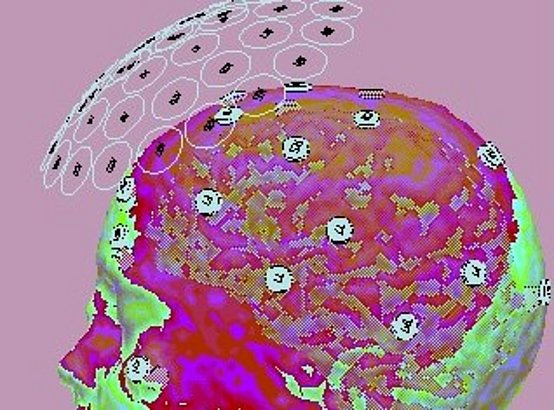
Research into the causes of epilepsy is another focus area, covering inflammatory changes and electrophysiological markers of difficult-to-treat epilepsies. We also conduct studies on the genetic make-up which might cause epilepsy to develop. The development and enhancement of therapeutic and diagnostic procedures constitutes another area of the Epilepsy Centre's research activities. The Centre operates a magnetoencephalogram (MEG), state-of-the-art electroencephalography (EEG) devices and a high-performance magnetic resonance imaging scanner.
As part of our health services research, we also focus our patients' social lives. In this respect, we are interested in observing how the patient feels when no seizures occur and how the quality of life of epilepsy patients can be improved both in their private lives and working lives.
In all these research projects, the Centre maintains close interdisciplinary links with other departments at the University, working together to analyse and evaluate the findings and information gained even more effectively.
Research and teaching are an important area at the Epilepsy Centre which is financed by donations. If you would like to support our scientific research with a donation, please use the following account:
Stadt- und Kreissparkasse Erlangen
IBAN: DE84 76350000 0000 046404
BIC: BYLADEM1ERH
Reference: 36612063
Donation for epilepsy research and teaching




